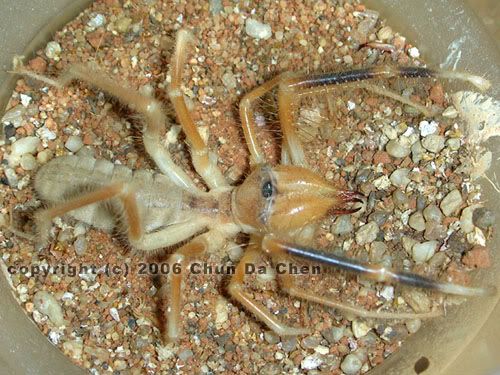Smokehound714
Arachnoking
- Joined
- Mar 23, 2013
- Messages
- 3,091
In the colorado desert, it can get downright cold at night. Killing freezes are commonplace in deserts (except where thermal heat-belts exist, where the temps in winter can be quite mild)Ok, the only thing that worries me is last year it got 8 degree Fahrenheit outside and they say this year its supposed to be a lot worse. I know in the wild they have very deep burrows which would insulate them a little but obviously it wont have it to that extent. If I bring it in, it will warm back up and awake again?



